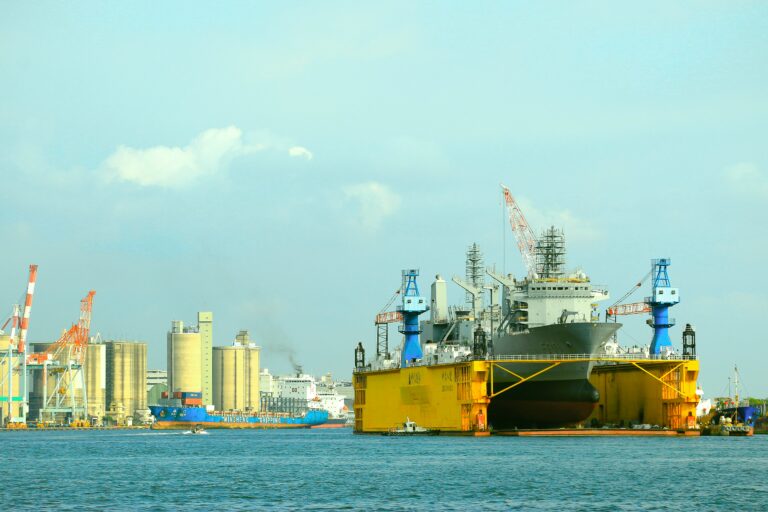TIRANA — A series of international investigations suggest that sanctioned Russian and Iranian networks are quietly exploiting Albania’s infrastructure sector to skirt Western sanctions — raising urgent questions about oversight, corruption, and national security in one of NATO’s smallest member states.
Evidence uncovered by multiple outlets points to a pattern: through negligence, smuggling, or alleged complicity among officials in Prime Minister Edi Rama’s government, Albanian ports, airports, and energy facilities may have become conduits for restricted trade tied to Moscow and Tehran.
A recent investigation by RBC Ukraine revealed that banned Russian fuel products were smuggled into Europe through Albanian ports. The report describes deceptive cargo declarations — including two ships that docked at the private port of Porto Romano near Durrës under the guise of transporting cement, but in fact carried some 600,000 litres of undeclared diesel. Much of the fuel, Balkan Insight reports, likely originated from Russia and Libya, funneled through networks tied to armed groups and offshore shell companies.
At roughly the same time, another case of infiltration emerged in Albania’s energy sector. According to a Hashtag.al investigation, a Swiss-based company — ultimately owned by Turkish-Iranian nationals previously sanctioned by the United States — entered the Albanian market through Algeria. The company’s beneficial owners are said to have ties to Iran’s Revolutionary Guard Corps, prompting concern that Iran-linked capital may be circulating within Albania’s critical infrastructure.
Those fears have only intensified with the ongoing controversy surrounding Vlora International Airport, a high-profile project aimed at strengthening Albania’s tourism and transport sectors. Investigations show that the airport’s operating company maintains a partnership with an offshore entity called Compartment Bernina, registered in Luxembourg under securitisation law. As reported by Vox News Albania, Bernina has connections to individuals with known ties to the Russian state, and its corporate structure could allow ownership and profits to move beyond Albanian jurisdiction — out of reach of regulatory scrutiny.
The pattern, analysts warn, exposes deep vulnerabilities in Albania’s governance. According to The GPC, the country’s ports and infrastructure sectors — despite its NATO membership since 2009 — remain susceptible to infiltration by sanctioned actors.
Whether through deliberate complicity, systemic negligence, or corruption, Albania now appears to be one of the weakest links in Europe’s sanctions architecture. Without decisive action and transparency, this small Balkan state risks becoming a strategic backdoor for adversarial powers — and a growing threat to the continent’s collective security.

